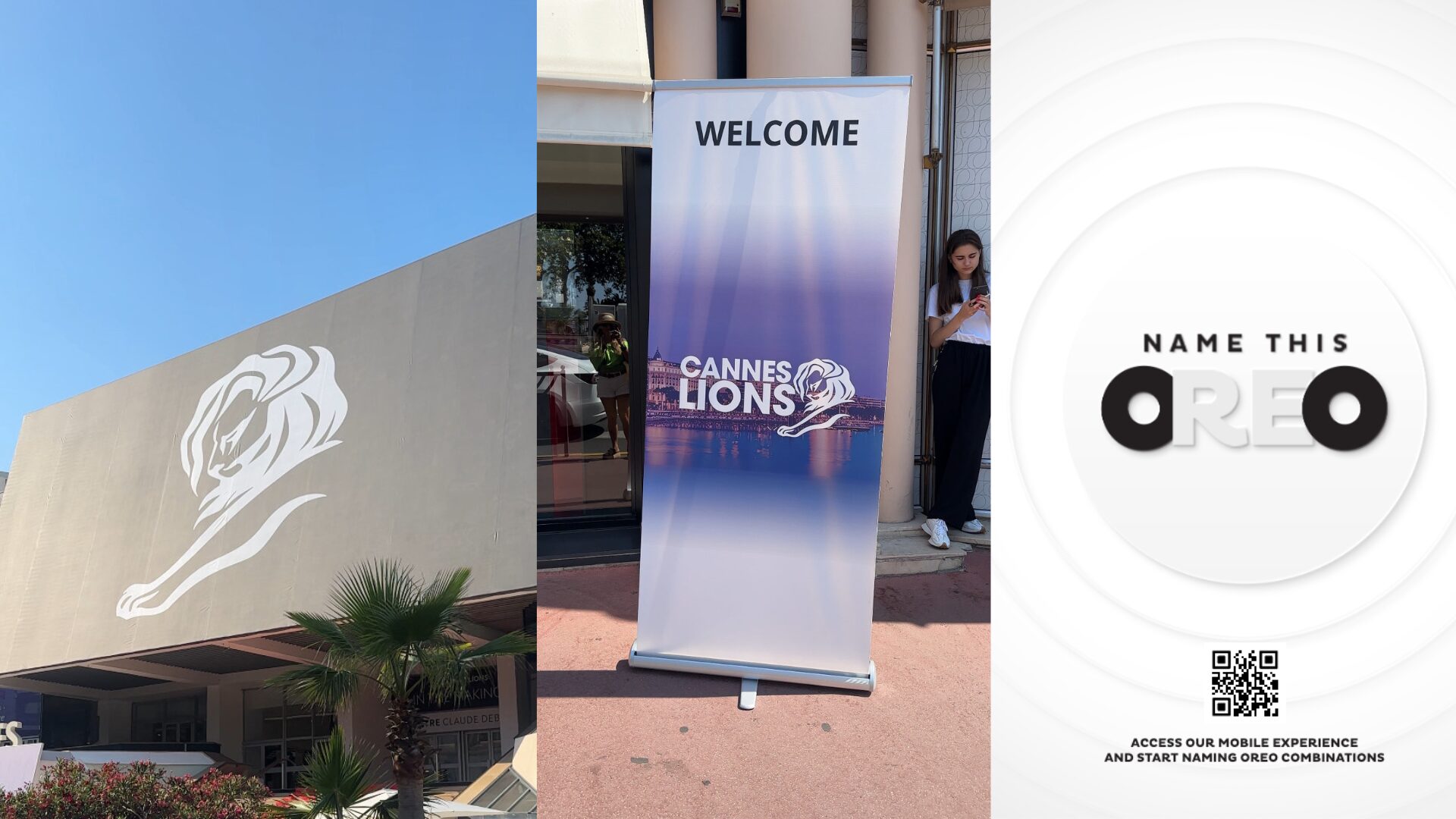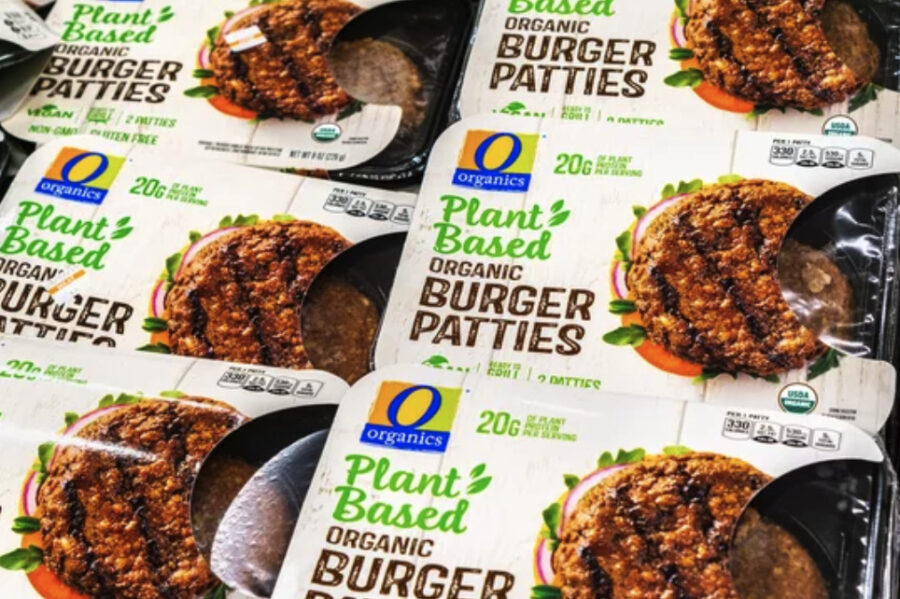New findings from consumer research platform Attest show Americans are especially fickle when it comes to brand loyalty in 2023.
In a survey released today, Attest found that 88% of American adults are willing to ditch preferred brands to save money. Consumers are most likely to switch grocery brands for cost-savings.
“Brand values can help create a strong emotional connection with the customer but can only go so far if taste, price point, or availability are challenging,” Michael Ashley Schulman – chief investment officer with Running Point Capital Advisors – told The Food Institute.
Of the 2,000 American adults that Attest surveyed, 71% said food and beverage brands are the products they would be most likely to switch to save money, with clothing/shoes a distant second at 40%.
Another eye-opening finding: most of those surveyed think brands are price gouging due to inflation. Attest’s findings showed 80% of shoppers feel brands are guilty of “greedflation” – using inflation as an excuse to hike prices. Of that group, 58% believe “more needs to be done” to protect consumers and stop brands from benefiting from this practice.
HOW TO FIGHT ‘GREEDFLATION’ ACCUSATIONS
“Brands can combat the perception that they’re using inflation as an excuse to raise prices by implementing promotions such as buy-one, get-one free, buy one and get one half-off, or any other promotion or bundling formula that offers value and/or helps distort the underlying price,” said Schulman, who also added that shrinkflation is another (albeit mildly controversial) option for companies.
Shoppers feel food brands have lifted prices the most. When asked which types of products have experienced the most rapid rises in their opinion, groceries (at 75%) far outpaced other categories. Energy ranked second, at 37%.
“Food and beverage brands should be transparent about their pricing decisions and communicate clearly about any factors that may be impacting costs, such as changes in commodity prices or supply chain disruptions,” said Devon Ferguson, senior editor at carnivorestyle.com. “Brands should also be strategic in how they implement price increases, avoiding sudden or large price hikes that may alienate customers.”
TRANSPARENCY SOUGHT
Attest’s brand loyalty survey, which concluded on February 15, 2023, also showed that, when brands mess up, consumers demand an honest response. In other words, when a brand has a PR blunder, modern consumers expect a prompt apology. That sentiment was backed by these findings:
- 55% of those surveyed want brands involved in a high-profile controversy to provide full transparency and steps on how they’ll fix the issue
- 42% of customers will be happy with a public apology
- 42% are most concerned about controversies involving accusations of racism (accusations of various discriminations was second, at 35%)
- 26% will boycott/stop buying a brand’s services “immediately” due to a controversy
Ultimately, Schulman said, honesty usually resonates with consumers. That’s why he said to “use your brand’s website, blog, or social media to convey the story and control the narrative.”












